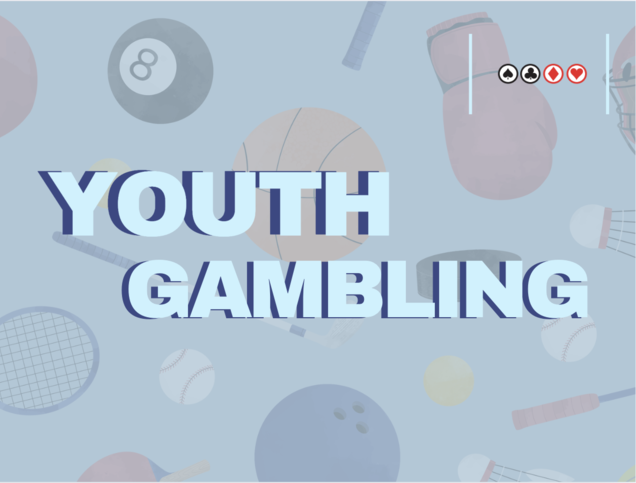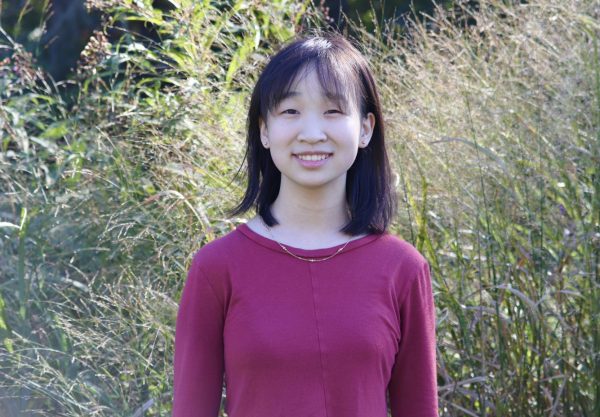If you are into modern politics, you may have noticed the political polarization among our country’s youth. I fear this is because social media has influenced and aggravated teens’ political views.
The Wall Street Journal (WSJ) conducted a study where they set up multiple fake accounts on TikTok to figure out how the platform’s algorithm works. One of their findings included “echo chambers,” a term used by the WSJ when describing TikTok’s isolated niche spaces. TikTok’s algorithm pushes content that agrees with a person and will push only one side of a story. This could be about rigged elections, who a given user thinks should be president, conspiracy theories and so forth.
According to Capitol Technology University, “Users who engage with misleading content are more likely to be shown similar videos, creating an echo chamber where misinformation flourishes.” TikTok provides an environment where misinformation flourishes. An example of this is the Israel and Hamas War. There is a 10-1 ratio on the platform between Pro-Hamas content views and Pro-Israel content views. The algorithm has arguably polarized youth against Israel by pushing anti-Israel videos and misinformative videos about the conflict. This is not the only example of this. The New York Times said, “In Germany, TikTok accounts impersonated prominent political figures during the country’s last national election.” The Times went on to discuss election misinformation in Columbia, The Philippines and about how election misinformation is now similarly spreading to the U.S..
Each of the WSJ’s fake accounts eventually found themselves stuck in echo chambers with the same type of videos coming their way. TikTok is able to learn so much about its users’ preferences and beliefs and use that information to influence opinions quickly. In addition, teens are also susceptible to these echo chambers as they are easily influenced by Mainstream Media and Social Media just like adults.
So, what is so wrong with the algorithm? Isn’t TikTok just showing users what they like? While this may be true with puppy videos, it isn’t the case with politics. People are so used to hearing opinions they agree with, they forget the importance of hearing the other side. There was a time when Democrats and Republicans actually agreed on things and passed bills together. However, 24 hour news cycles and social media have changed that, specifically TikTok. When the algorithm pushes users into political echo chambers, they only hear others that agree with them, pushing the right wing further right and the left wing further left.
TikTok pushes you down a rabbit hole of your own opinions, and drives your beliefs deeper and deeper. Therefore, by the time your brain is fully developed these beliefs are deeply rooted and set in your mind, polarizing the opinions of you and millions of other people, and causing a rift between citizens of the country. However TikTok could change that, being a social platform with over 1.5 billion users, you could enable teens to hear different opinions and different sides that can help you form your own opinion and tolerate the different opinions of others. That’s how it should work. Instead, TikTok amplifies issues that already exist among us, and honestly, the platform isn’t completely at fault.
As teens today, we are taught that our emotions and comfort are more important than anything else when in the real world. I believe it would be better for teens to learn more tolerance. It should be okay to be uncomfortable sometimes and have to work with people we disagree with. Teenagers are supposed to be the next generation of people who fix problems and move society forward, but we can’t do that if all we know how to do is scroll until we find the next person who agrees with us.





![Last Wednesday, the Wayland School Committee gathered to discuss a number of topics regarding the health curriculum and Innovation Career Pathway course. Another large topic of conversation was the ways to potentially mitigate distracting cell phone usage. "These [phones] are going to distract your learning and social relationships," Superintendent David Fleishman said. "That's concrete right there."](https://waylandstudentpress.com/wp-content/uploads/2025/06/Screenshot-2025-06-04-at-9.49.31 PM-1200x886.png)



























![Troy Hoyt finishes the Boston Marathon, running for the Hoyt Foundation. T. Hoyt is the son of Hoyt Foundation CEO Russ Hoyt.
“[Running a marathon] might seem like a big thing, when it’s presented to you at first, but if you break it up and just keep telling yourself, “Yes, you can,” you can start chipping away at it. And before you know it, you’ll be running the whole 26 miles, and you won’t even think twice about it.” T. Hoyt said.](https://waylandstudentpress.com/wp-content/uploads/2025/04/C36E8761-1CBB-452E-9DF2-543EF7B1095E_1_105_c.jpeg)

















































